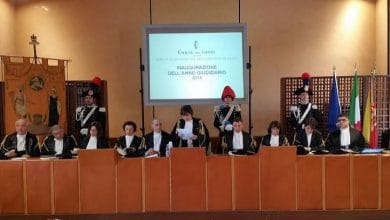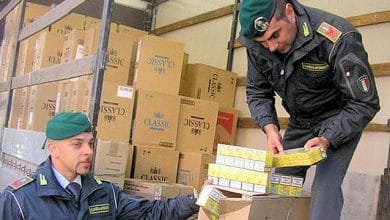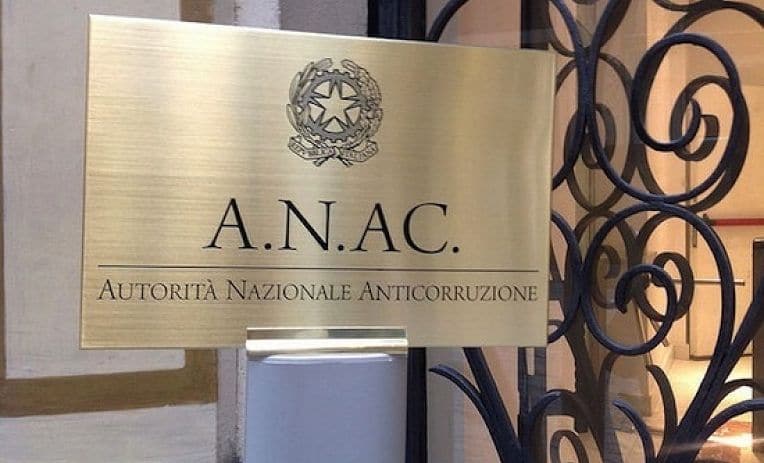
Raffaele Cantone he decided to leave the National Anti-Corruption Authority. He writes his reasons in a letter published on the Authority's website.
He writes: “I feel that a cycle has definitively ended, also due to the manifestation of a different one cultural approach towards the Anac and its role.
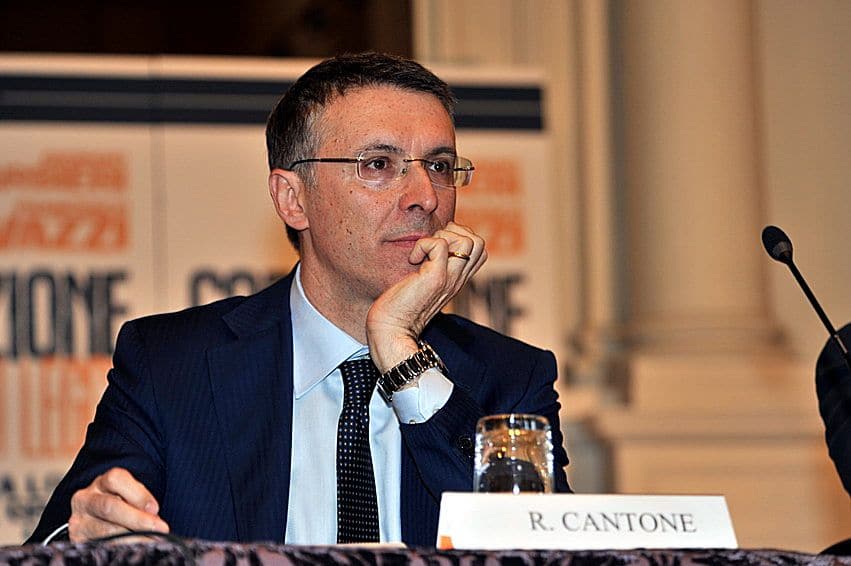 Mine is a thoughtful and painful decision. I am grateful for the exceptional opportunity that I have been given but I think it is right to return to my role in such a difficult moment for the life of the judiciary. Witnessing what is happening without being able to participate concretely in the internal debate seems to me an unbearable limitation, similar to that of a player forced to watch a decisive match from the stands: my nature prevents me from remaining a passive spectator, even if I participate.
Mine is a thoughtful and painful decision. I am grateful for the exceptional opportunity that I have been given but I think it is right to return to my role in such a difficult moment for the life of the judiciary. Witnessing what is happening without being able to participate concretely in the internal debate seems to me an unbearable limitation, similar to that of a player forced to watch a decisive match from the stands: my nature prevents me from remaining a passive spectator, even if I participate.
I leave the presidency of Anac with the awareness that since 2014 our country has made great strides in the field of corruption prevention, so much so that it has become a reference model abroad. The National Anti-Corruption Authority itself, established in the wake of scandals and emergencies, today represents a heritage of the country. These are circumstances that should be a source of pride for Italy, instead they are often not recognized as they deserve.
Of course, corruption is far from eradicated but it would be ungenerous not to take note of the progress, also highlighted by the countless and not at all obvious awards received in recent years from international organizations (European Commission, Council of Europe, OECD, OSCE, Monetary Fund) and by the significant improvement in the sector rankings“.
The Minister of Public Administration, Giulia Bongiorno, commented at the Ansa forum as follows: “ANAC highlighted that the theme of prevention is as important as that of repression. But, having said that, some guidelines and regulations of the Anac failed to combine the need for transparency with those of efficiency and speed: I had signaled it to Cantone that work had to be done to streamline it. If we block everything to prevent everything, nothing is done”.
Obviously, no one questions the commendable commitment that Canton has made against corruption. However, they did discuss the Procurement Code, the application of which would have blocked the procurement system and, from our point of view, the Code of Conduct in the NHS.
The most current observations concern the famous Procurement Code, Cantone's "creature" - whose mandate at the ANAC would have expired in 2020 - fiercely criticized by many including Piercamillo Davigo, the former prosecutor of Clean Hands. For Davigo that code "is only an obstacle for good people, while those who want to commit a crime continue to do so". It is a topical issue because the "unblock construction sites" law is under discussion precisely to streamline the obstacles posed by the Code.
But this is not what we want to go into, it is not up to us and it is not up to us to make judgements. Instead, we want to go into the merits of the "Guidelines of the Code of Conduct in the NHS" and in particular in point 7 on page. 10 where it says:
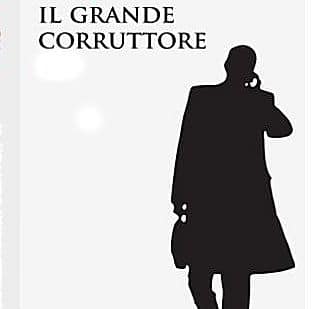 The Code establishes the fundamental obligation to act with honesty, professionalism, impartiality, discretion and confidentiality and to avoid behavior that could damage the interests or the image of the entity. In order to ensure full compliance with these principles, it is recommended that the Code, by way of example but not limited to, provides:
The Code establishes the fundamental obligation to act with honesty, professionalism, impartiality, discretion and confidentiality and to avoid behavior that could damage the interests or the image of the entity. In order to ensure full compliance with these principles, it is recommended that the Code, by way of example but not limited to, provides:-
the reference to the discipline to regulate access within the healthcare structure of scientific representatives and of subjects who, on behalf of the manufacturing/distributing companies, propose the sale or illustrate the use of drugs and/or medical devices. The same should configure transparency measures aimed at tracing contacts between professionals and subjects appointed by the aforementioned companies such as, by way of example, the establishment of a register certifying the access of informants or other subjects mentioned above within the healthcare institution, the interlocutor and the motivation and the prohibition to receive the subjects in question outside a predetermined time slot
A useless demonization of a category, that of the ISF, potentially of corruptors. Without considering that the ISFs themselves do not sell, without considering that the corruption phenomenon cannot be resolved with the increase in bureaucracy which discourages honest people. Code that inspired regions such as Emilia Romagna to introduce such abstruse rules as to prevent the work of the ISF, but leaving the green light to all other figures interested in the sale, such as the case of prof. Fanelli teaches. And if the ISFs can't do their job, the companies have no choice but to fire them. Obviously the corruption has not been scratched and either follows the rules diligently or occurs outside of scheduled meetings. It seems obvious, but…
Editorial – 23 July 2019

